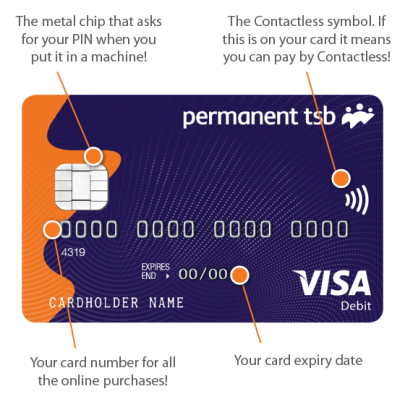

Kevin Mountford, banking expert at – one of the sites where searching won’t harm your credit score – says the biggest issue is that no one really knows the extent of the problem. What do other people say? Andrew Hagger at financial website Mone圜.uk told Guardian Money: “I’m not sure the problem is as bad as it’s made out to be.” He suspects the majority of people looking for a loan would use a price comparison website, and these typically offer soft search tools that let you check out deals without affecting your credit record. (This example is described as an “indicative case study based on TSB internal analysis”.) However, if she hadn’t accumulated four hard credit checks, from the four previous applications, she would have been eligible for a rate of 3.1% from the fifth provider, meaning she will pay an extra £375 in interest over the life of the loan. The fifth lender she tries offers her 4.9%, which she accepts. So she shops around and has a similar experience with three more providers.

The lender says she can’t have the 3% rate – she can only have 9.9%. She applies and a hard credit check is carried out.

She finds a loan with an advertised rate of 3%. Lucy wants to borrow £8,000 for her first car. Soft searches can’t be seen by lenders, so you can do it as much as you want. If they don’t like the look of the rate, they can go off and try somewhere else. However, several banks and lenders, including TSB, will give applicants a personalised quote without affecting their credit record by using a so-called “soft search”.
TSB CAR LOANS FREE
This is especially the case if the applications are unsuccessful, as this can further negatively impact your credit score,” explains the free credit-checking service ClearScore. “If you make a lot of applications in a short period it is likely to damage your credit score, and you’re less likely to be offered the best loan rate. This type of search leaves a mark on your credit file.

So what’s happening? Research carried out by the bank found that 61% of mainstream loan providers didn’t give people applying for a loan their final, personalised interest rate without completing what’s known as a “hard” credit check. The single biggest problem, it says, is the checks some banks carry out when people apply to borrow money. However, in its new report, TSB claims the market is “broken”, and that consumers are losing out by as much as £400m a year as a result. The average personal loan is said to be around £10,000 over four years. Rates have fallen to as low as 2.8%, and with some banks such as Lloyds and First Direct letting people max out their loans by allowing them to borrow up to £50,000 as opposed to the traditional maximum of £25,000. It is estimated almost one in 10 people in the UK have a personal loan, and in recent months something of a price war has broken out. The report was issued by the high street bank TSB, which is one of the lenders that runs a fairly clean ship when it comes to personal loans. So which banks and lenders punish people, and which ones don’t? And who is offering the best loan rates?


 0 kommentar(er)
0 kommentar(er)
